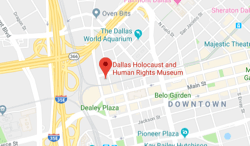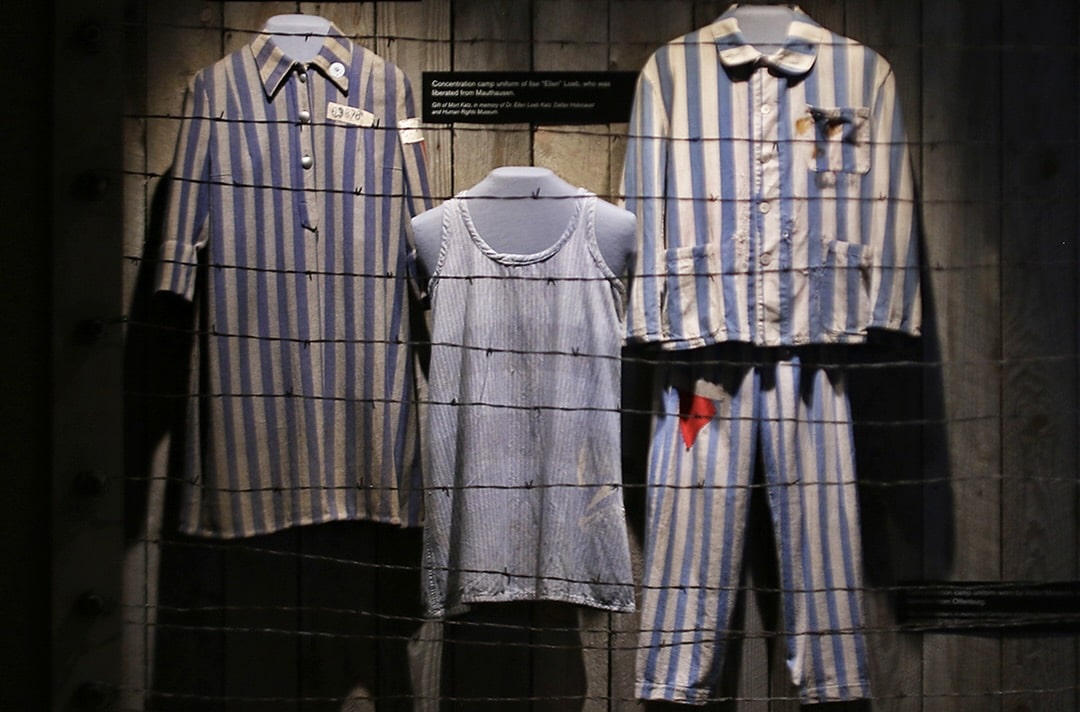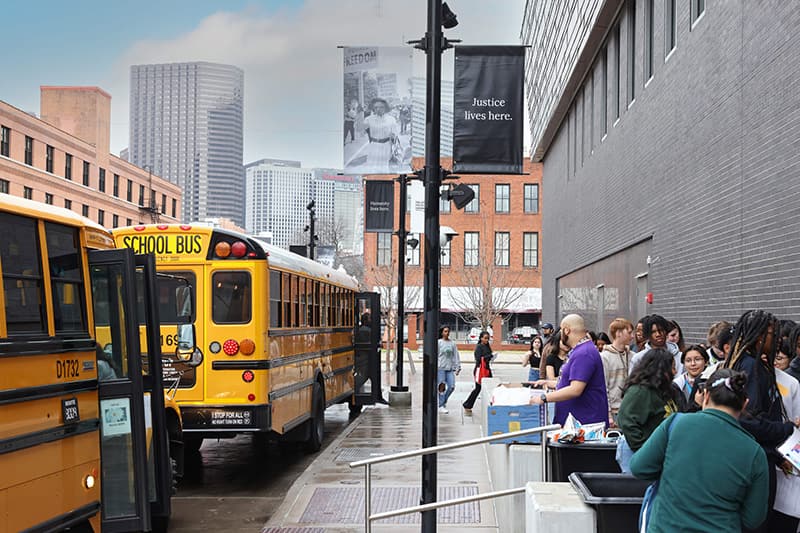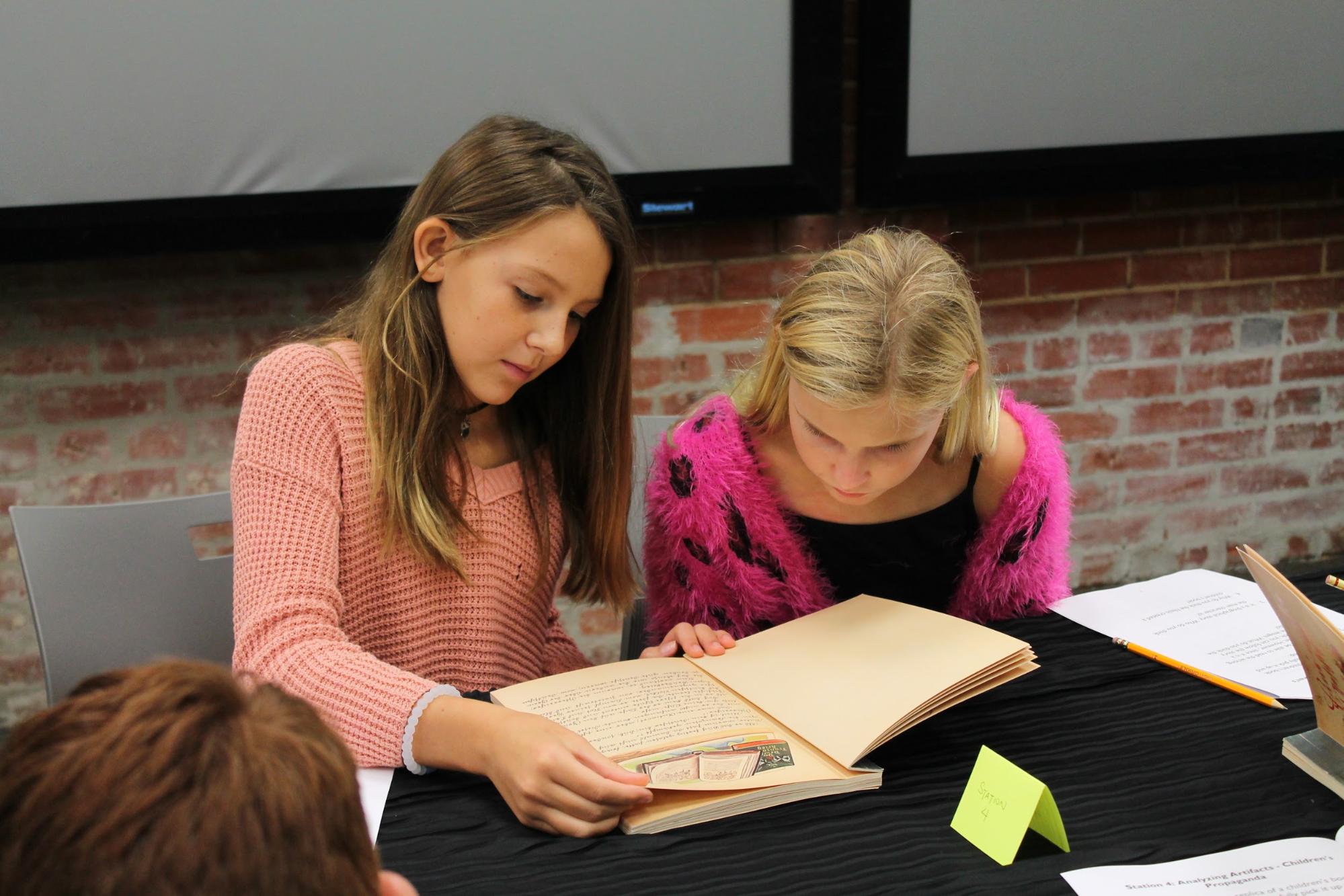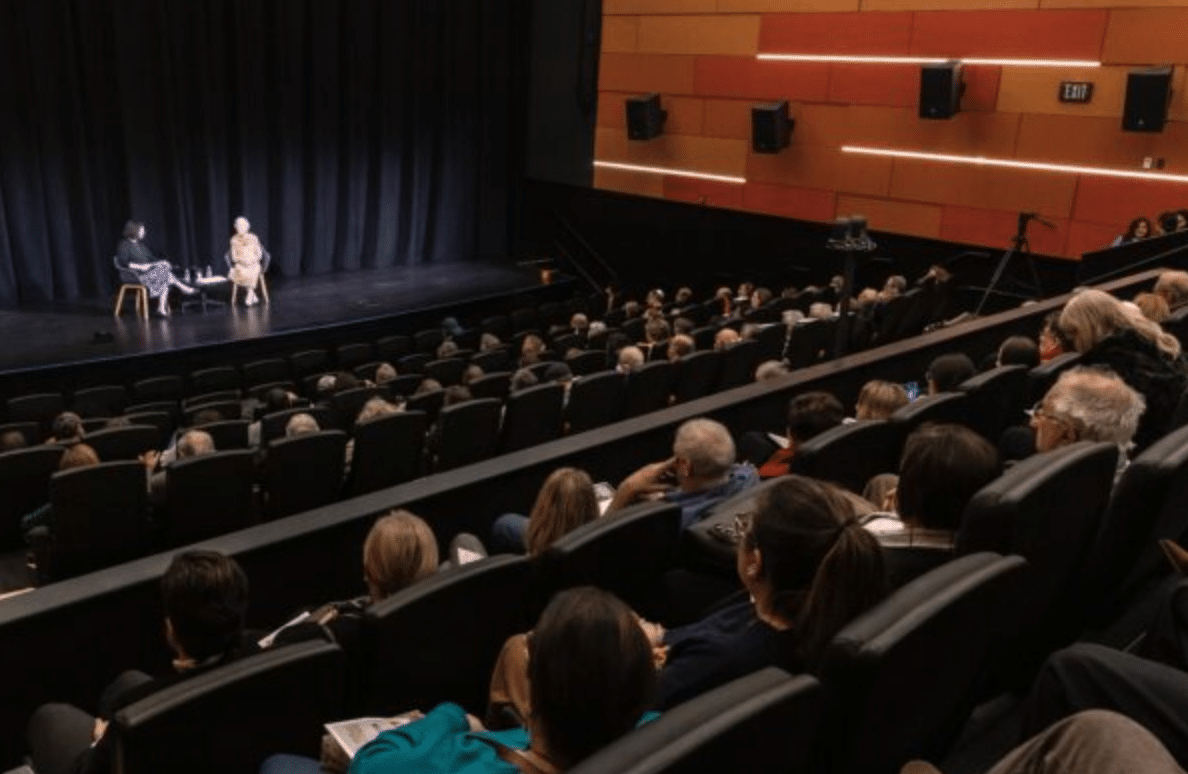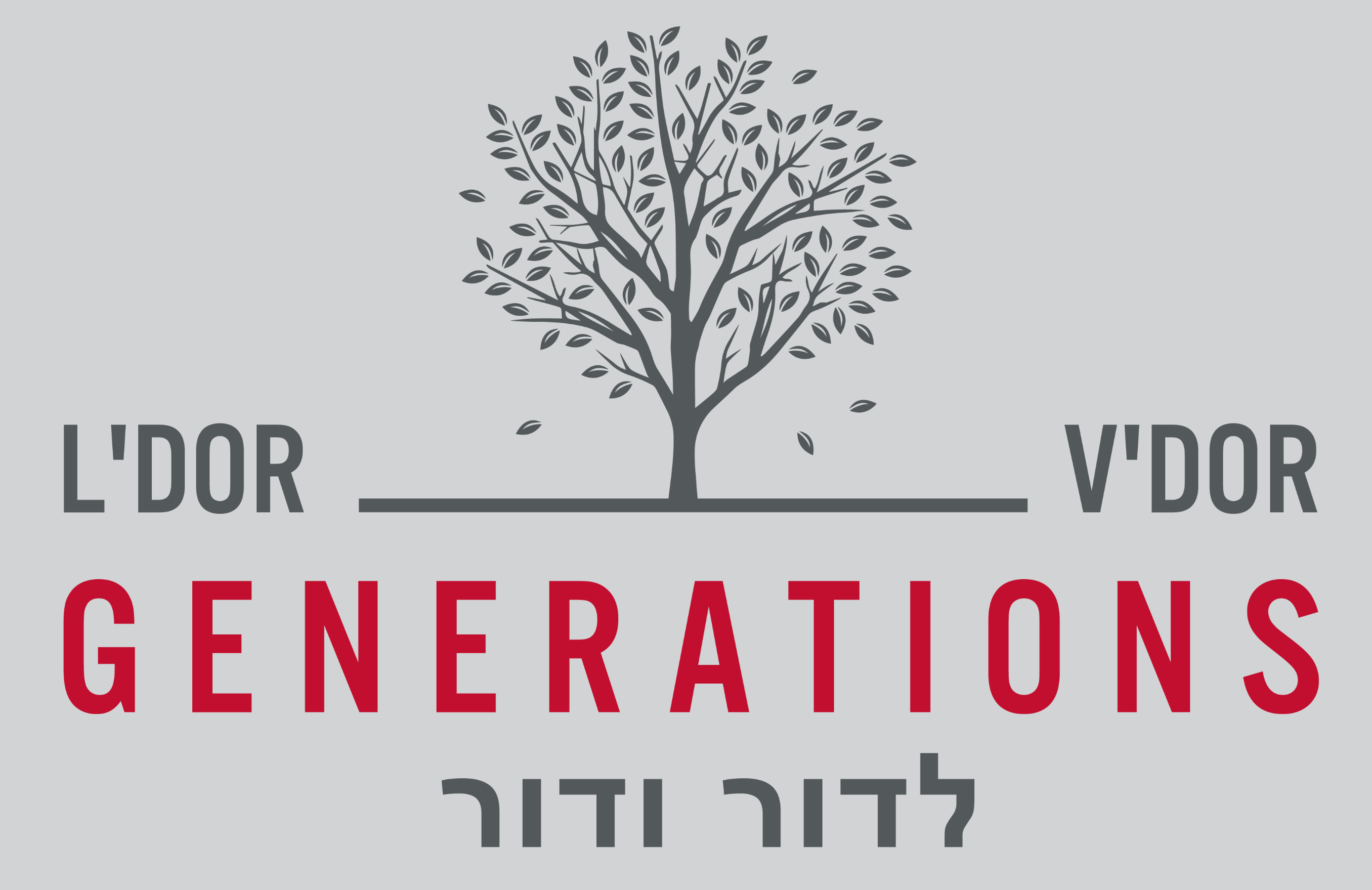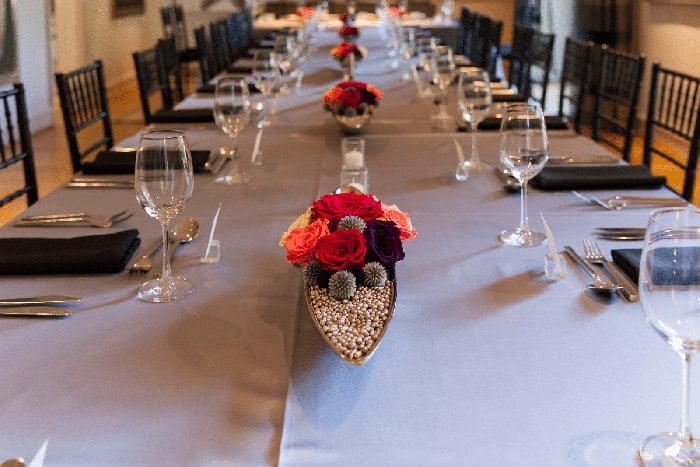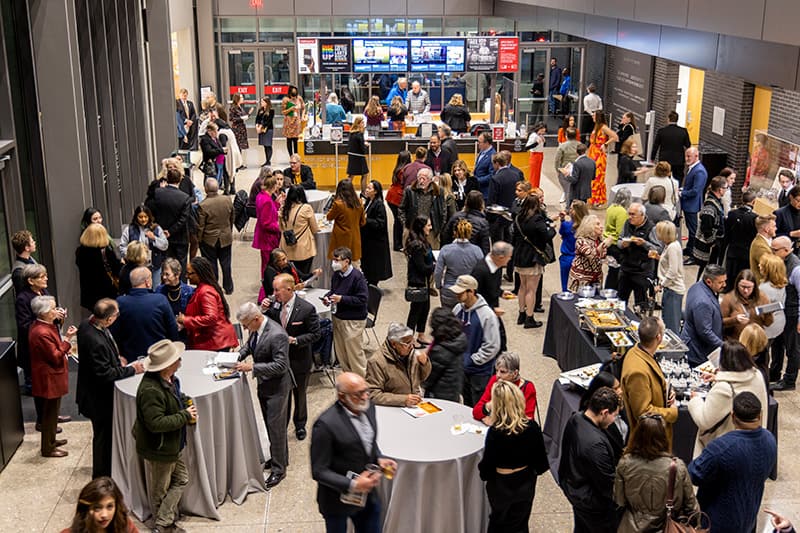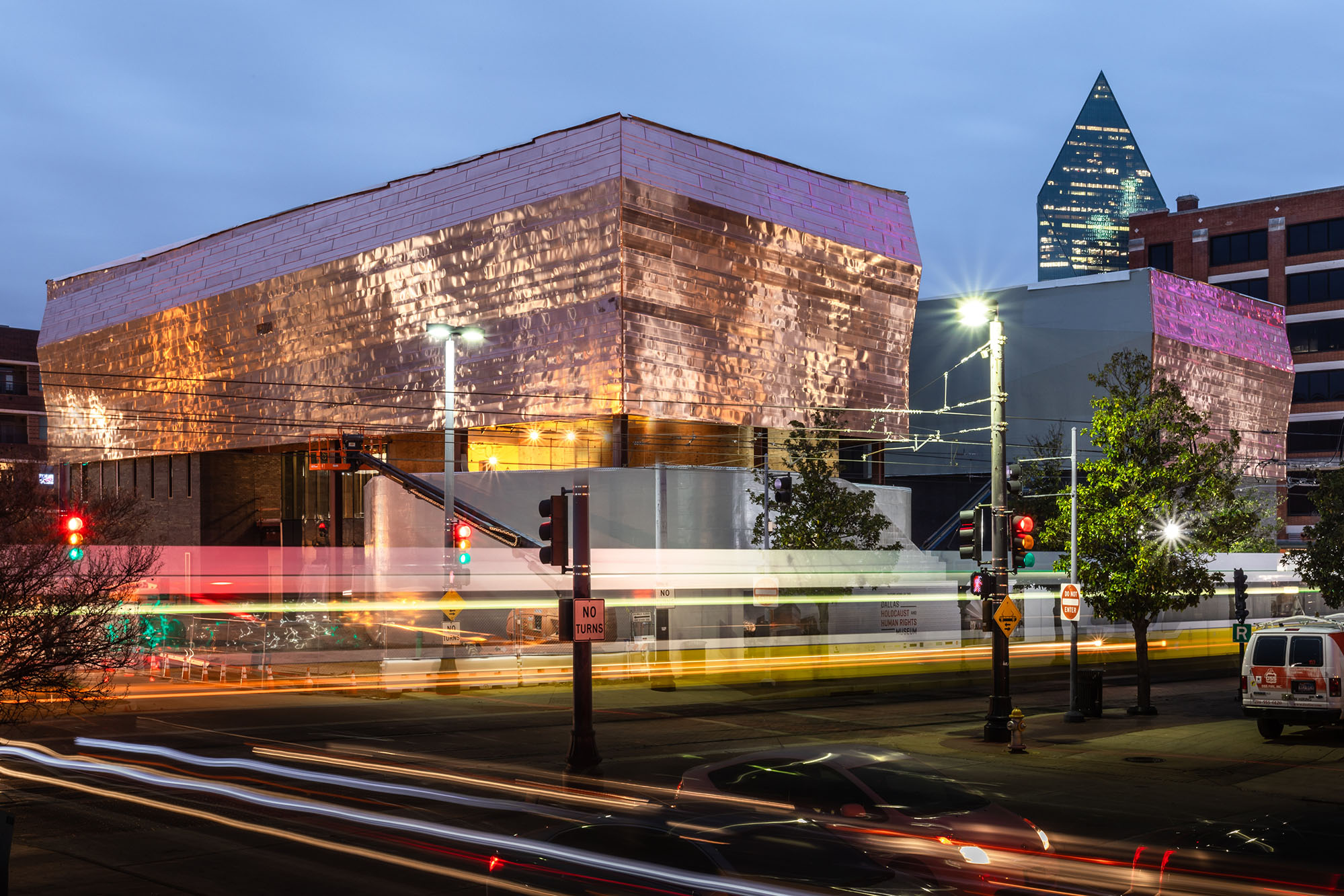International Holocaust Remembrance Day, designated by the United Nations as a worldwide day of Holocaust remembrance, marks the day in 1945 when Auschwitz-Birkenau, the largest death camp run by the Nazis, was liberated. This day commemorates the horrors of the Holocaust and reminds us of the six million Jews who were murdered and the millions of others who were persecuted and tormented by the Nazis and their collaborators.
It is heartbreaking, on today of all days, that seven people were shot dead by a terrorist at a synagogue in East Jerusalem as they gathered for Shabbat services. Our thoughts and prayers are with the victims’ families, and everyone affected by this senseless hate crime.
The attack in Jerusalem follows rising tension and escalating violence in the region. We reject all forms of extremism and stand for freedom of religion and the right to worship safely. Further, we implore Israeli and Palestinian leaders to work to restore calm and ensure security and human rights for everyone in the region.
Locally in North Texas, we are outraged by the dissemination of hateful propaganda at homes in Lake Highlands today by an antisemitic hate group and conspiracy theorist network. We find it despicable that they chose today, International Holocaust Remembrance Day, to attempt to spread their antisemitic poison in our community.
We urge the community to read our opinion piece published today in The Dallas Morning News (see below) and to visit the Museum to learn more about this history and the need to speak out and stand up against antisemitism and all forms of bigotry and prejudice.
Another helpful resource is the Museum’s online Tool Kit for Confronting Antisemitism, which provides useful tips for families and caregivers, professionals, students, educators and school administrators.
The Dallas Holocaust and Human Rights Museum is proud of its mission to teach the history of the Holocaust and advance human rights to combat prejudice, hatred, and indifference. Our work has never been more important than it is today. To learn more, visit www.dhhrm.org.
– Mary Pat Higgins, President and CEO
– Lee Michaels, Board Chair
The Dallas Morning News
Published January 27, 2023, p. 8A
Published online 1:30 a.m. January 27, 2023
Holocaust Remembrance Day is about the future, not just the past
Understanding genocide’s history helps us make good on the promise of “never again.”
Today, Jan. 27, we commemorate International Holocaust Remembrance Day. Established by the United Nations in 2005, the day marks the 1945 Soviet liberation of Auschwitz-Birkenau, the largest death camp in occupied Europe, which also encompassed multiple crematoria and a concentration camp. Between 1942 and 1945, at least 1.1 million men, women and children, mostly Jews, were murdered at Auschwitz-Birkenau by the Nazis.
The U.N. resolution establishing this day urged member states to develop educational programs to instill the memory of this tragedy in future generations to prevent genocide from occurring. At the Dallas Holocaust and Human Rights Museum, we live this charge every day through our mission to teach the history of the Holocaust and advance human rights to combat prejudice, hatred and indifference.
International Holocaust Remembrance Day honors all victims of the Holocaust: 6 million Jews, millions of political prisoners, prisoners of war, Roma, disabled people, gay men, and others persecuted and murdered by the Nazis. It is also an opportunity to reflect on the atrocities committed during the Holocaust and recognize the dangers of unchecked hatred and prejudice.
The Holocaust did not occur randomly or in a vacuum; it was the culmination of cultural developments, political events, religious prejudice, fascist ideology, propaganda and millennia of anti-Jewish discrimination and marginalization. Coupled with modern “race science” the Jews were marked as “other.” This dehumanization led to the genocide of the Jews and from here moved on to affect other marginalized groups.
At the start of the Holocaust, Germany was arguably one of the most cultured nations in the world, known for its scholars, artists, philosophers, scientists and musicians. Despite this, the country joined in the Nazis’ maniacal efforts to exterminate their Jewish neighbors — just 1% of the German population. Visitors to our museum ask how this was possible. The answer is complex, but mostly, it was possible because of millennia of widely accepted antisemitism.
Recent local and global events illustrate the growing scourge of antisemitism, as well as hate crimes against other groups of people. We have seen antisemitic rhetoric from high-profile figures with public platforms, and it proliferates on college campuses and across social media. In 2021, Texas was the state with the third-most active hate groups in the U.S., according to the Southern Poverty Law Center. The current surge in antisemitism reminds us that we must remain vigilant against hatred and discrimination in all its forms and that we must act to curtail it before it escalates.
Just as hatred is learned, it can be unlearned. Teaching about the Holocaust and instilling knowledge of this tragedy in people of all ages is one of the most effective ways to prevent additional prejudice, persecution and genocide. The Holocaust is our paradigm of genocide. But we also teach the history of other genocides and atrocities because this helps us understand that their common denominator is found in the devastating consequences of ordinary people failing to stand up for their rights and the rights of others. Teaching about people we call Upstanders, those who saw something wrong and worked to make it right, helps us understand the incredible impact individuals can have. By understanding our past, we can examine our present with clear eyes and work together to create a strong ethical foundation upon which future generations can build a community of Upstanders.
Our Holocaust survivors have modeled what it means to be Upstanders. By bravely sharing their stories, they continue to enlighten us and inspire future generations to combat hatred, prejudice, and indifference. This past year, we lost many survivors, including Dallas Holocaust and Human Rights Museum co-founder and The Dallas Morning News 2019 Texan of the Year Max Glauben. Max dedicated his life to sharing his story; as he said, “I thought that my knowledge could cure the hatred and bigotry and the killings in this world if somebody can listen to my story, my testimony, and be educated even after I’m gone.”
Max and our other survivor Upstanders epitomize the meaning behind International Holocaust Remembrance Day. It’s not just about remembering the past. It’s about taking action to build a better future for us all.
Mary Pat Higgins is president and CEO of the Dallas Holocaust and Human Rights Museum. She wrote this for The Dallas Morning News.
